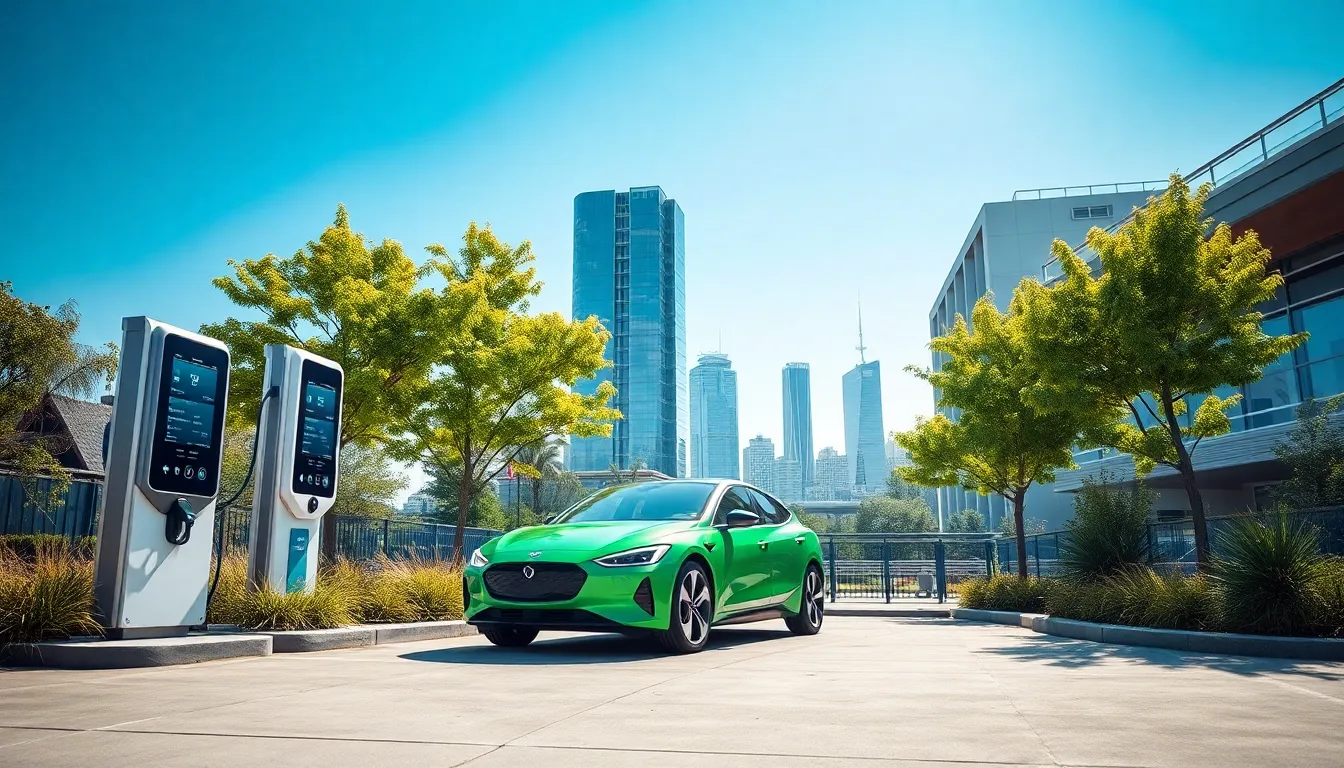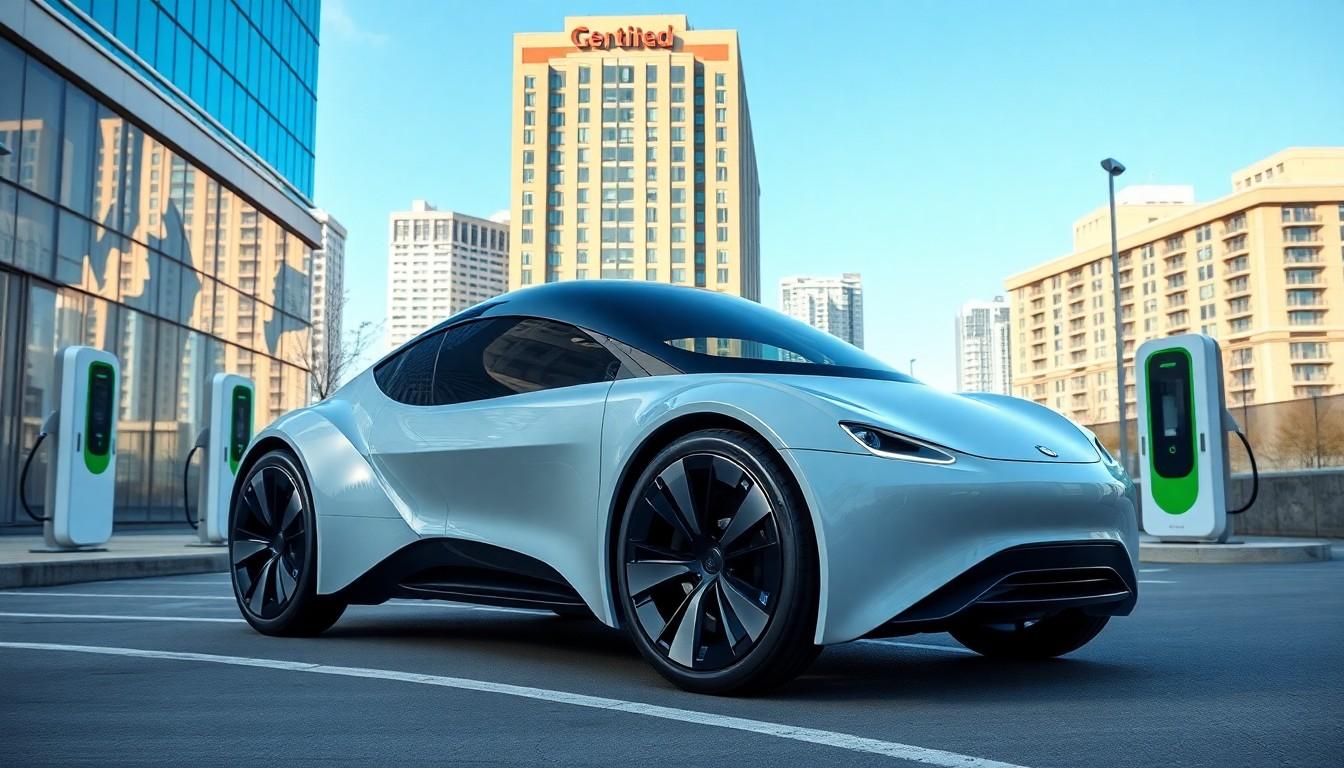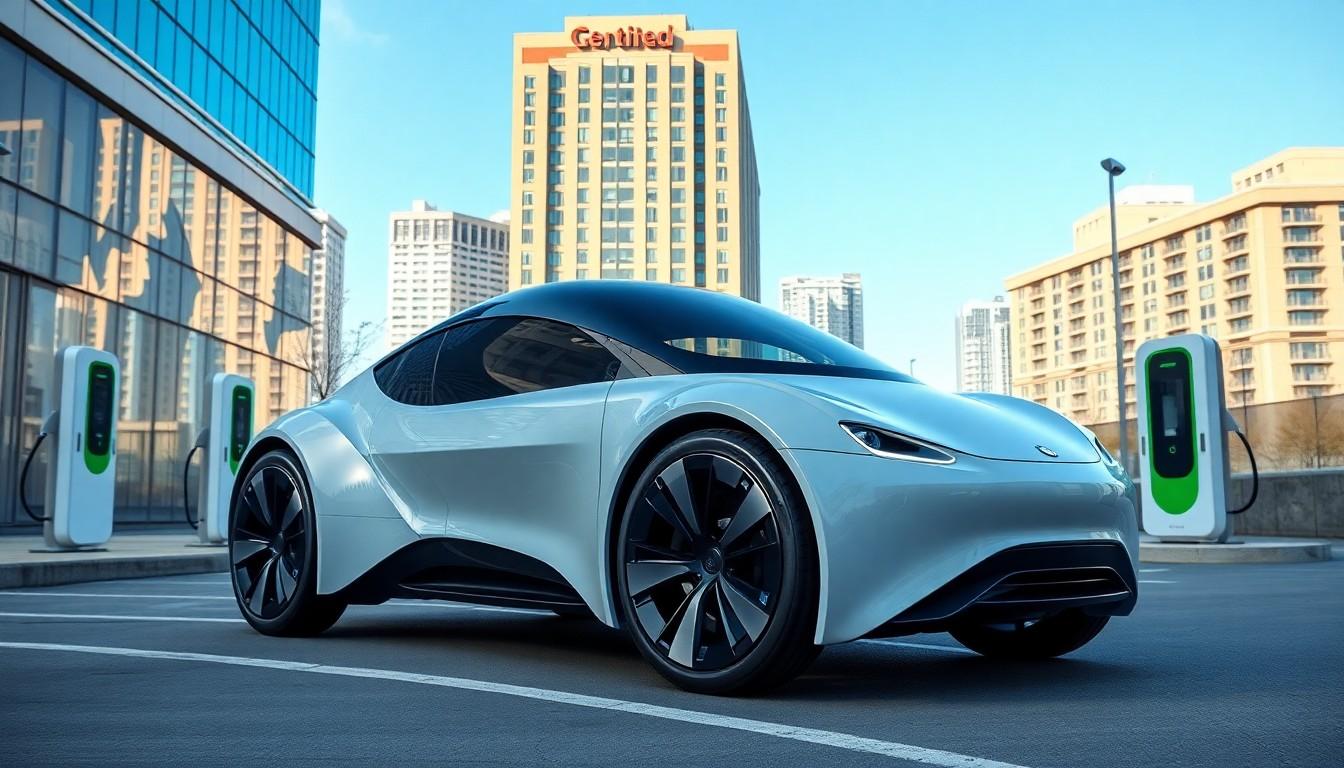Electric vehicles (EVs) are not just the cars of the future: they are the cars of now. With a turbocharged evolution over the past few years, these eco-friendly machines have come a long way from their humble beginnings. Forget gas-guzzling vehicles: it’s time to embrace the revolution. Imagine driving a car that not only saves you money but also helps save the planet. So buckle up, because we’re taking a ride through the evolution of electric vehicles near you. There’s innovation in every spark.
Table of Contents
ToggleOverview Of Electric Vehicles

History Of Electric Vehicles
Electric vehicles have roots tracing back to the 19th century. Believe it or not, the first EVs were developed back when the world was still figuring out how to harness electricity. They gained popularity in the late 1800s but eventually fell behind gas-powered vehicles as internal combustion became the go-to technology.
Fast forward to the late 20th century, and there was a resurgence in interest as environmental concerns grew. By the early 2000s, manufacturers like Tesla began to shift the narrative. Today, EVs have finally hit the mainstream, leaving their historical notoriety in the dust.
Recent Advancements and Innovations
Recent advancements have been game changing. New battery technologies are popping up, boasting longer ranges and shorter charge times. For instance, some models can travel over 300 miles on a single charge, making them more practical than ever. Charging stations are being installed rapidly, ensuring that range anxiety is becoming a thing of the past. With features like regenerative braking, which can potentially extend the range and improve efficiency, the landscape of electric mobility is evolving swiftly.
Benefits Of Electric Vehicles
Environmental Impact
The environmental benefits of electric vehicles can’t be overstated. Driving an EV means drastically reducing greenhouse gas emissions. As the world becomes more conscious of climate change, opting for an electric vehicle contributes to cleaner air and a healthier planet.
Also, many power grids are increasingly using renewable energy sources. This means that charging an EV presents an opportunity to further shrink one’s carbon footprint. Why not help the planet while getting from A to B?
Cost Savings And Economic Benefits
Let’s talk about your wallet. EVs generally cost less in maintenance because they have fewer moving parts than traditional gasoline engines. No oil changes, fewer brake repairs, and electric motors can last significantly longer. With incentives from local governments, potential rebates, and lower fuel costs, the financial advantages add up quickly.
Imagine the savings from reduced fuel expenses alone, when the gas prices go up, your worries disappear. The savings over time can be substantial, making EVs a smart choice for the economically savvy.
Electric Vehicle Infrastructure and Availability
Charging Stations Near You
Wondering where to charge? The infrastructure for electric vehicles is expanding rapidly. Apps and websites can guide users to charging stations in their vicinity, whether it’s at a local shopping center or a highway rest stop. In many urban areas, you might find charging stations clustered together, making it easy to plug in while you run errands.
Local Dealerships And Manufacturers
Local EV dealerships are cropping up like weeds, and most major car manufacturers have jumped into the electric pool. This means more choices for consumers. From features to price points, buyers have a plethora of options at their fingertips. The rise of local manufacturers specializing in EV technology is also creating job opportunities and boosting local economies.
This availability transforms the landscape for potential buyers who previously might have hesitated due to a lack of choices.
Government Incentives and Policies
Local Incentives and Rebates
Governments across the country are offering incentives to entice drivers to make the switch to electric. Many local governments have rebate programs, and some even provide homeowners with perks for installing charging stations. These incentives make the purchase of an EV not only enticing but also financially viable.
It’s worth researching what’s available in your area, as these incentives can significantly decrease the upfront costs.
Federal and State Regulations
Beyond local incentives, federal and state regulations are slowly shifting toward supporting cleaner technologies. Policies aimed at reducing fossil fuel dependency are in place, further pushing the market toward electric vehicles. As regulations become more favorable, expect both car manufacturers and consumers to align in the collective goal of creating a more sustainable transportation sector.
Future Trends In Electric Vehicles
Technology Innovations On The Horizon
What lies ahead for electric vehicles? The answer is more exciting than a kid on Christmas morning. With ongoing advancements in battery technology, we may see even longer ranges, quicker charging times, and reduced costs. Solid-state batteries could take the industry by storm, promising shorter charge times and higher energy density.
Market Growth And Consumer Trends
As the market for electric vehicles accelerates, consumer interest is likewise on the rise. Popularity is not just limited to eco-conscious buyers: more and more traditional car buyers are considering EVs as they become more familiar with the technology and its benefits. Plus, the rise of shared mobility solutions that incorporate electric vehicles provides fresh opportunities for individuals who may not want to purchase.
This trend toward mainstream acceptance ensures that electric vehicles will drive our roads into the future.



